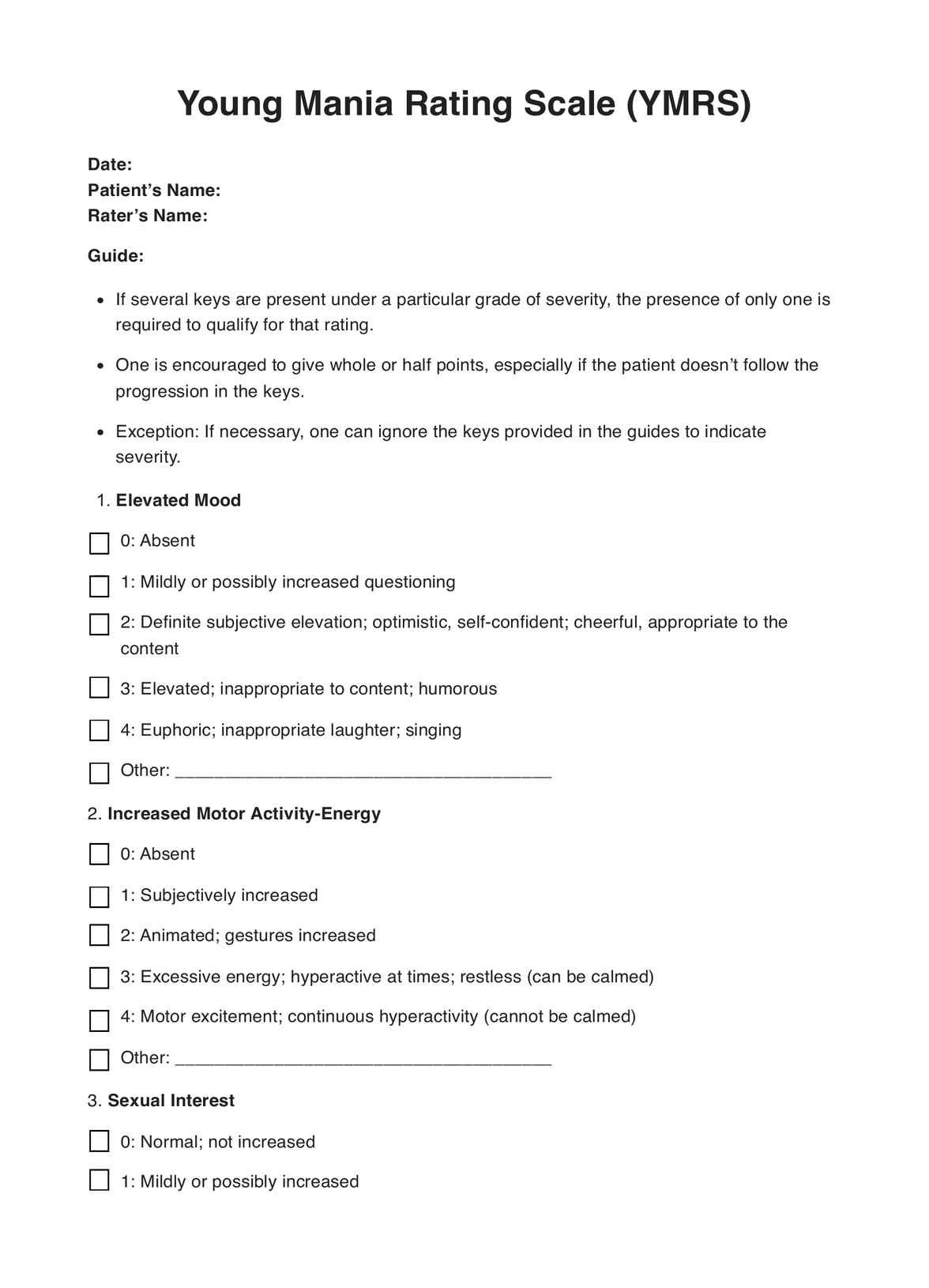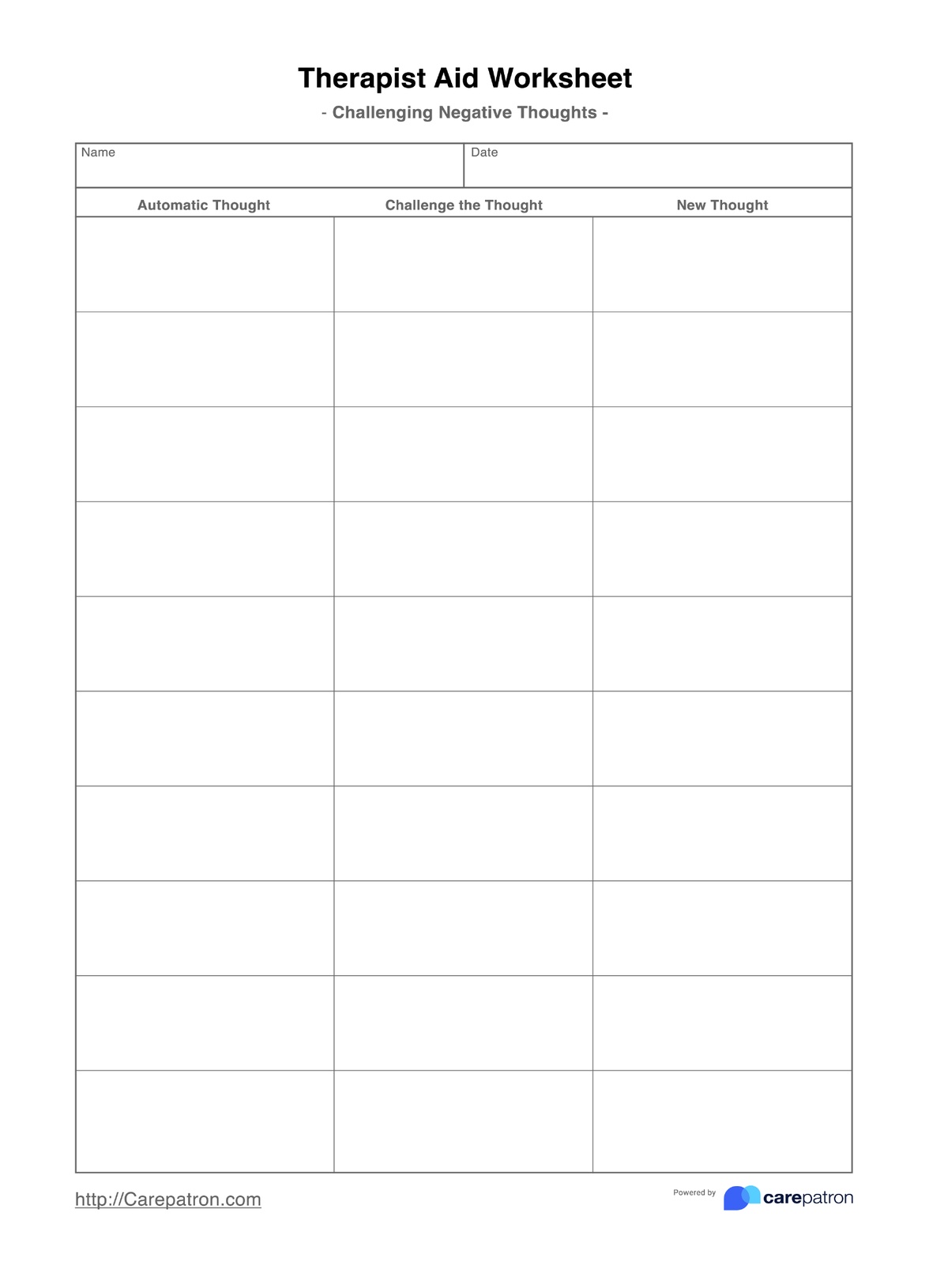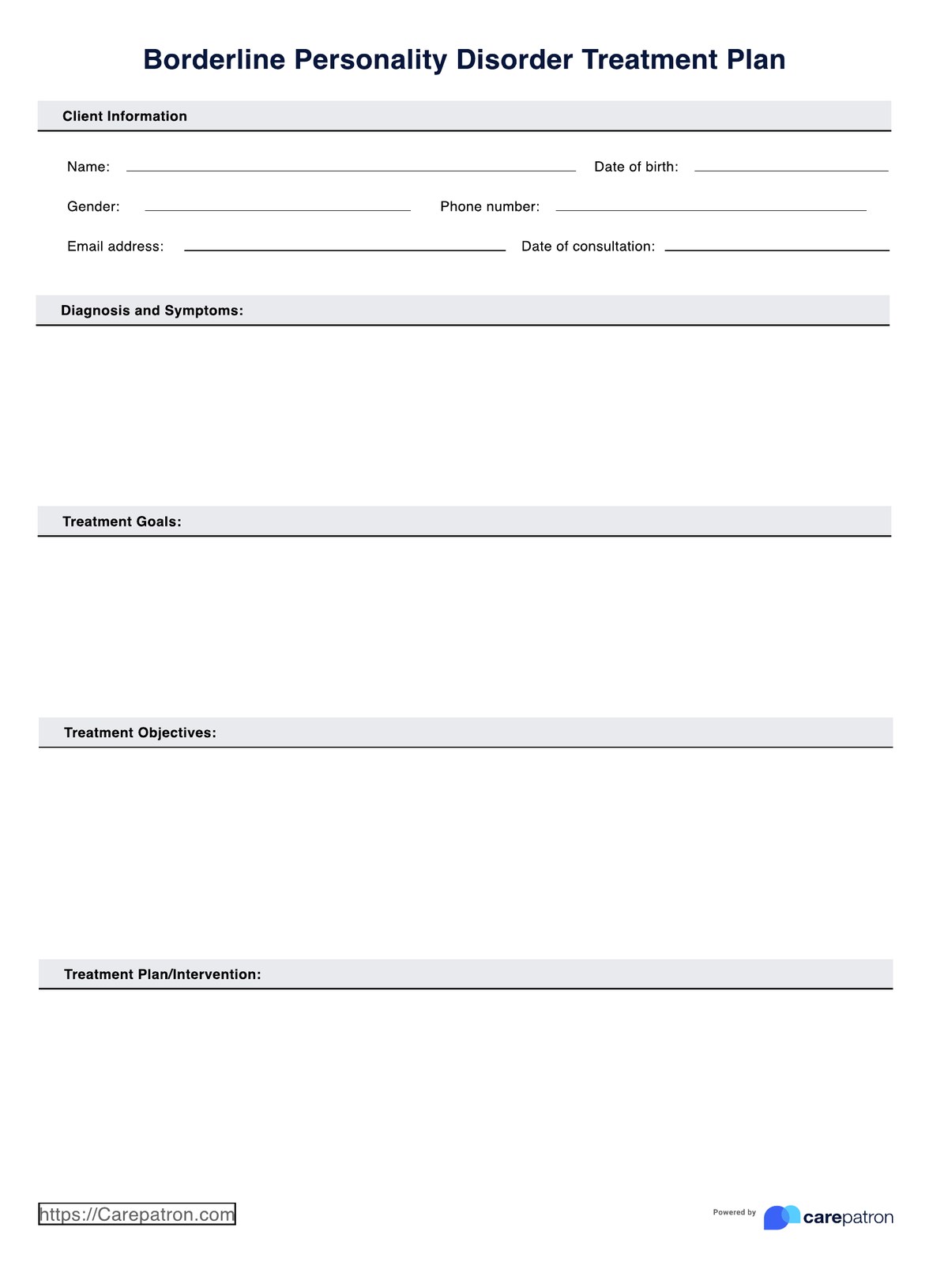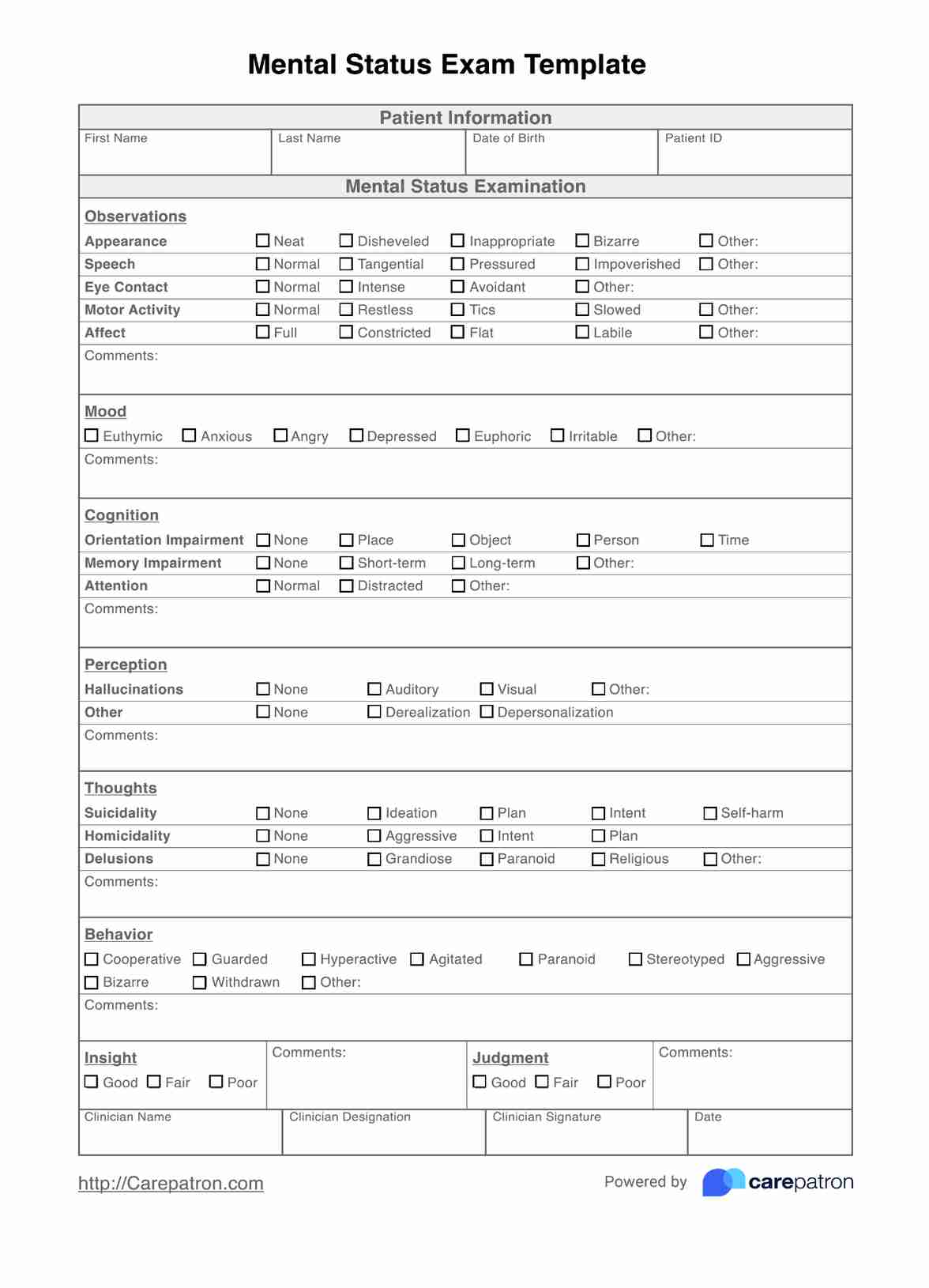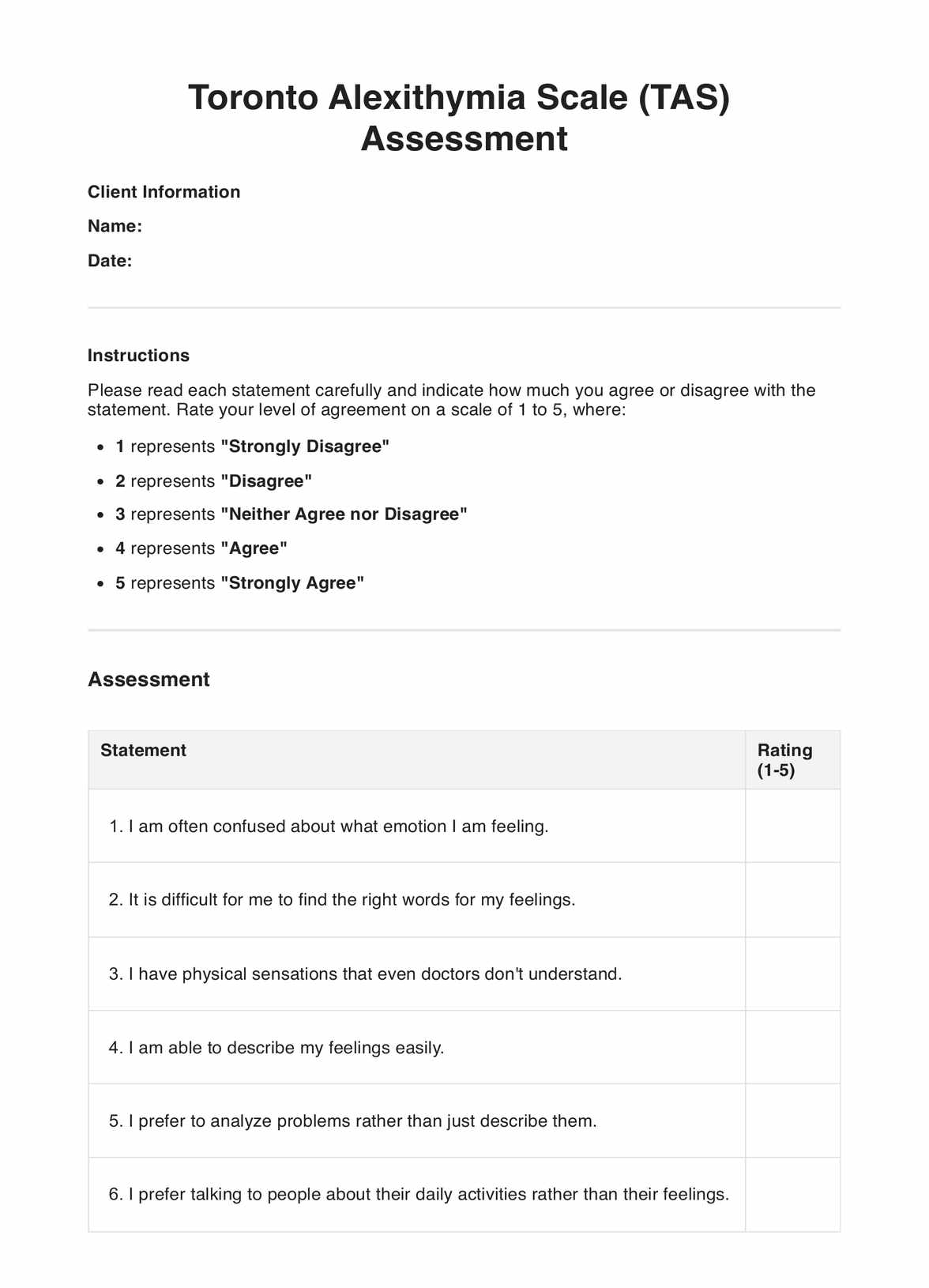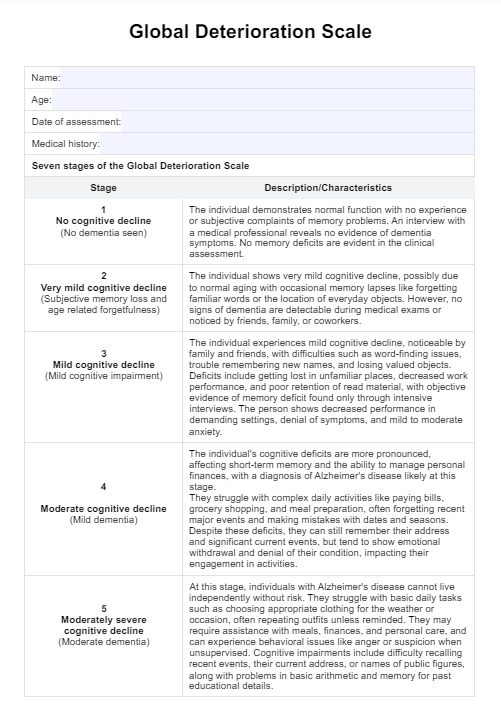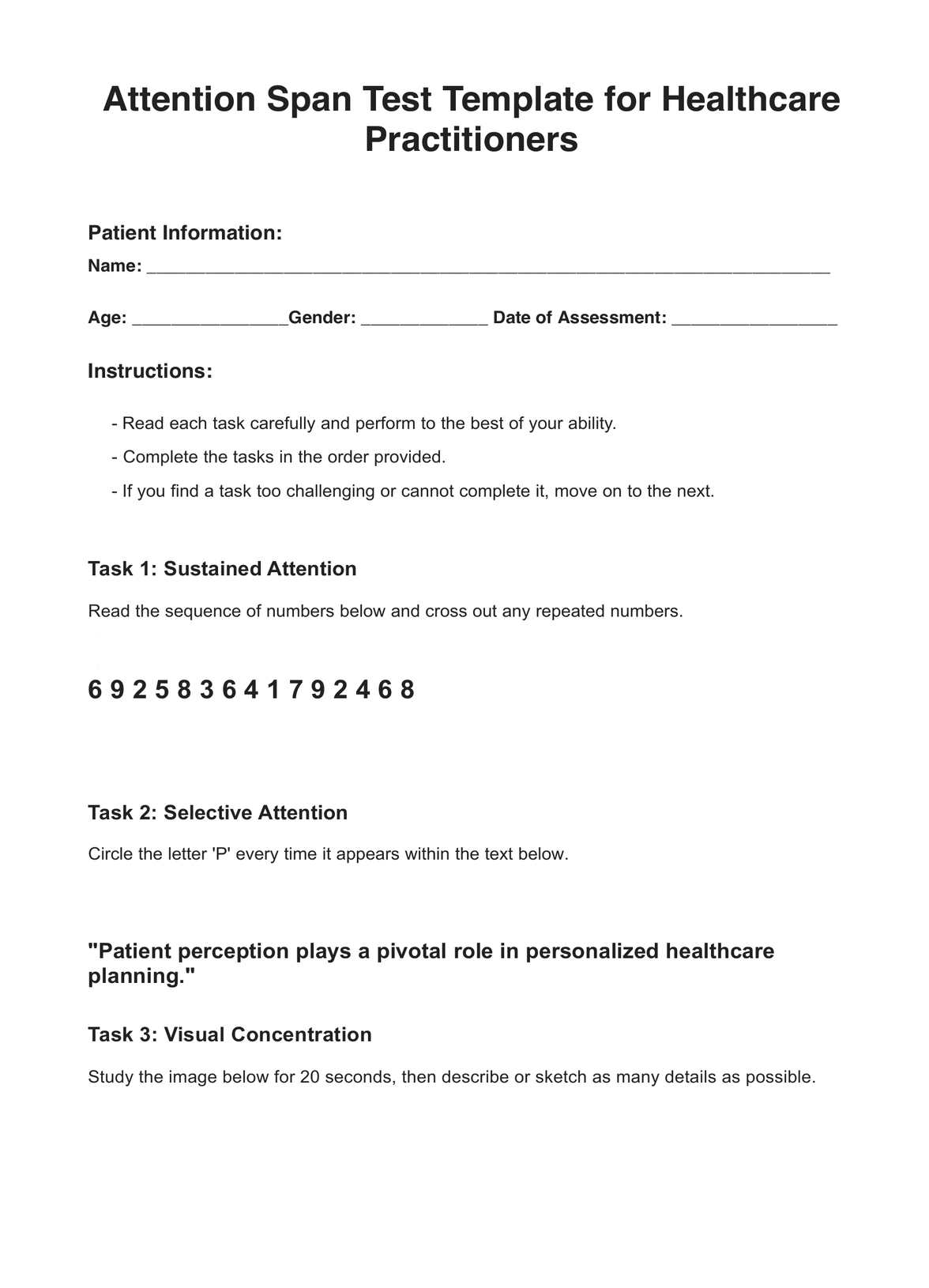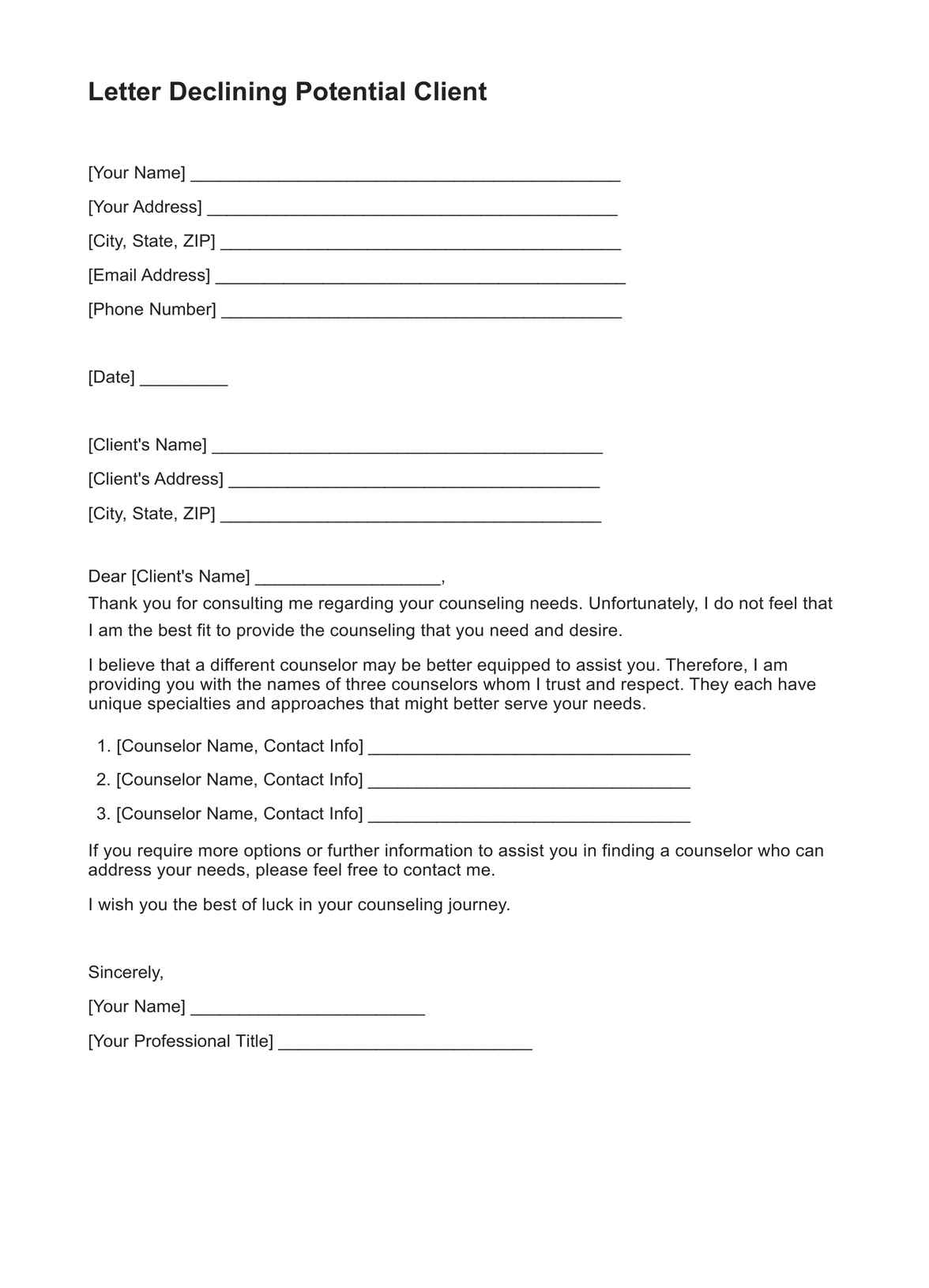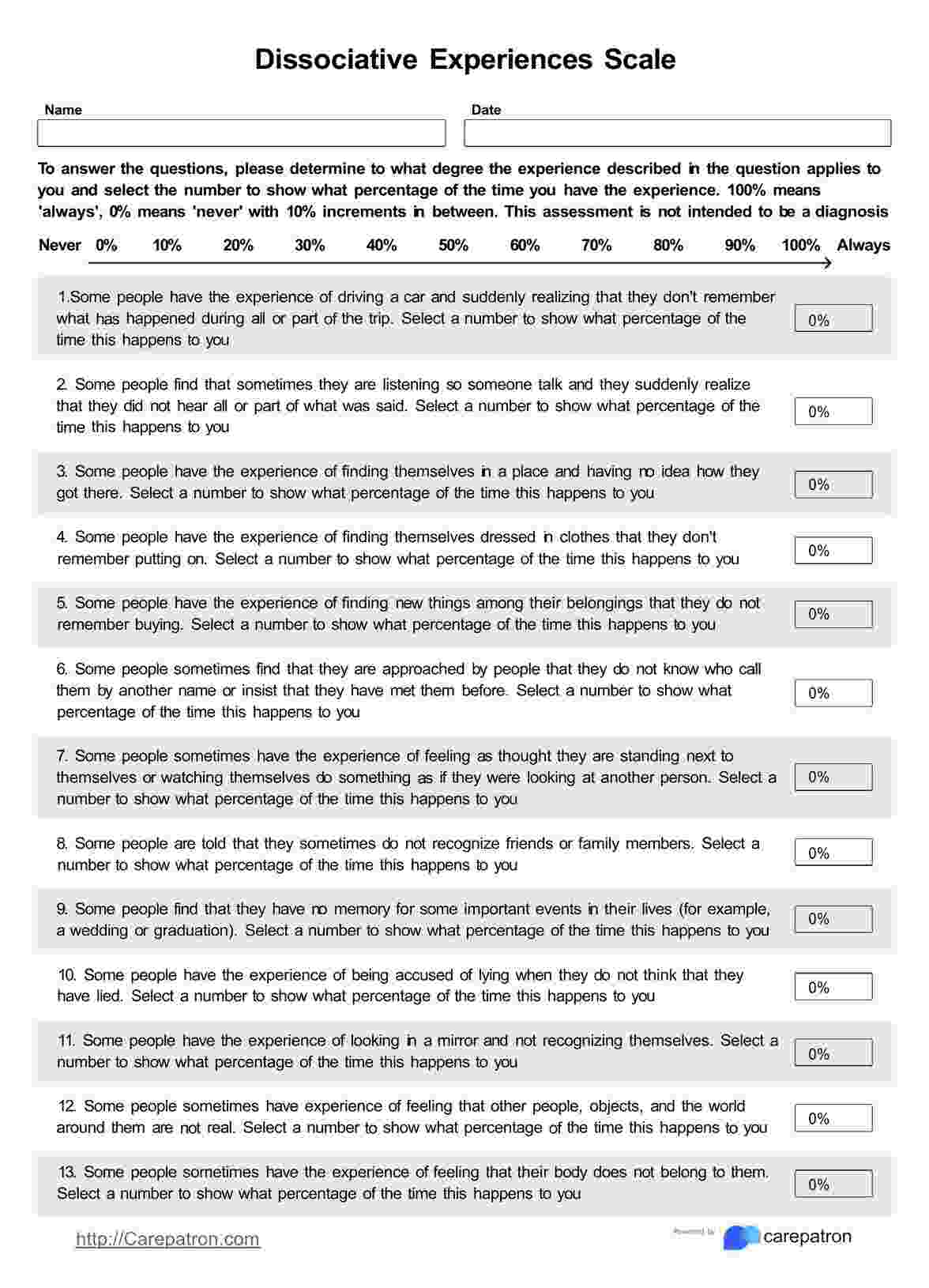Mood Tracker
Track your mood, identify patterns, and improve your mental health with a Mood Tracker. Use customizable templates to monitor your emotional well-being.


What is a Mood Tracker?
A Mood Tracker Template is a tool used to monitor and record an individual's emotional state daily. It is designed to help individuals keep track of their moods and identify patterns or triggers that may affect their emotional well-being.
Mood Tracker Templates typically include a chart or table that allows users to rate their mood on a scale of 1 to 10, along with space to record any notes or observations. Some templates may also include additional fields to track sleep patterns, exercise habits, medication usage, and other factors impacting mood.
Using a Mood Tracker Template can be a helpful strategy for individuals who struggle with mood disorders such as depression, anxiety, bipolar disorder, or seasonal affective disorder. It can also benefit people who simply want to understand their emotional patterns better and improve their overall mental health and well-being.
Overall, Mood Tracker Templates can be a powerful tool for anyone looking to gain insight into their emotional patterns and proactively manage their mental health. By keeping track of their moods and identifying potential triggers, individuals can develop strategies to cope with difficult emotions and promote a more positive and balanced outlook on life.
Mood Tracker Template
Mood Tracker Example
How does this Printable Mood Tracker work?
A Mood Tracker Template provides a simple and structured way for individuals to monitor and record their moods over time. Typically, the template includes a chart or table where users can rate their mood on a numerical scale or use a color-coded system to indicate their feelings.
Users can then record any additional notes or observations about their mood, such as the time of day, any significant events or stressors that may have impacted their mood, and any activities or coping strategies that helped them manage difficult emotions.
By tracking their mood over time using the Mood Tracker Template, users can identify patterns and trends in their emotional state. For example, they may notice that they tend to feel more anxious on certain days of the week or that their mood is consistently lower during the winter months.
This information allows users to develop strategies to manage their moods more effectively. They may change their daily routine, such as exercising more or practicing relaxation techniques, or seek professional help if they notice persistent and severe mood disturbances.
Overall, a Mood Tracker Template can be a valuable tool for promoting self-awareness and improving mental health outcomes. By tracking their moods and identifying patterns, individuals can proactively manage their emotional well-being and achieve excellent balance and stability.
When to use these Mood Tracker templates?
Mood Tracker Templates can be valuable tools for various professionals who work in fields related to mental health and wellness.
Here are some examples of professionals who may use Mood Tracker Templates and how they might use them:
Psychologists and therapists
Mental health professionals often use Mood Tracker Templates to assess and monitor their clients' emotional well-being. By reviewing the client's mood chart, the therapist can identify patterns and triggers contributing to their emotional difficulties and develop treatment plans to address these issues.
Psychiatrists
Psychiatrists may use Mood Tracker Templates to track the efficacy of medications for mood disorders such as depression or bipolar disorder. By monitoring the client's mood over time, the psychiatrist can adjust the dosage or type of medication as needed to optimize the client's treatment outcomes.
Life coaches and wellness coaches
Coaches who work with clients to improve their mental and emotional well-being may use Mood Tracker Templates to help clients develop greater self-awareness and identify areas where they can change their lifestyle and habits positively.
Researchers
Researchers may use Mood Tracker Templates to study mood disorders and other mental health issues. By collecting data from large groups of participants, researchers can identify trends and patterns in mood fluctuations over time and develop new insights into the underlying causes of these conditions.
Who is this printable Mood Tracker PDF for?
A Mood Tracker Template can benefit anyone interested in monitoring and managing their emotional well-being.
Here are some examples of individuals who may benefit from using a Mood Tracker Template and how it can be advantageous for them:
People with mood disorders: Individuals with mood disorders such as depression or bipolar disorder may benefit from using a Mood Tracker Template to monitor their moods and identify patterns and triggers that contribute to their symptoms. By tracking their mood over time, they can become more aware of their emotional state and develop strategies for managing difficult emotions.
People with anxiety or stress: People who experience high levels of anxiety or stress may benefit from using a Mood Tracker Template to track their moods and identify factors contributing to their emotional state. By recording their mood and any relevant factors, such as work or relationship stressors, they can better understand the factors that affect their emotional well-being and take steps to reduce stress and anxiety.
People in addiction recovery: Individuals recovering from addiction may benefit from using a Mood Tracker Template to track their moods and identify triggers that may lead to relapse. By monitoring their mood over time, they can identify patterns and triggers contributing to their emotional state and develop coping strategies to avoid relapse.
Students or professionals under stress: Students or professionals under stress due to academic or work demands may benefit from using a Mood Tracker Template to monitor their moods and identify factors contributing to their stress levels. They can develop strategies for managing stress and maintaining emotional well-being during challenging times by tracking their mood and any relevant factors.
.png)
Benefits of free Mood Tracker
There are several benefits to using a free Mood Tracker Template, including:
Cost-effectiveness
A free Mood Tracker Template allows individuals to track their moods without paying for expensive software or professional services. This can be especially advantageous for people on a tight budget or those who do not have access to mental health services.
Ease of use
Most free Mood Tracker Templates are designed to be user-friendly and easy to use, even for people who need to be tech-savvy. This means individuals can quickly and easily begin tracking their mood without extensive training or technical expertise.
Customizability
Many free Mood Tracker Templates can be customized to meet the individual needs of the user. Users can adjust the template to include additional fields or track different variables like sleep patterns or exercise habits.
Increased self-awareness
By using a Mood Tracker Template, individuals can develop a greater awareness of their emotional state and identify patterns and triggers contributing to their mood. This can be especially helpful for people with mood disorders or other mental health conditions, as it can help them better manage their symptoms and improve their overall well-being.
Better communication with healthcare providers
By tracking their mood over time, individuals can provide valuable information to their healthcare providers about their emotional state and any patterns or triggers they have identified. This can help providers develop more effective treatment plans and strategies for managing the individual's mental health.
Commonly asked questions
There is no set frequency for using a Mood Tracker, which may vary depending on individual needs and preferences. Some individuals may find it helpful to track their mood daily, while others may prefer to follow it weekly or monthly.
The information included in a Mood Tracker may vary depending on individual needs and preferences. However, it typically consists of the date, mood rating, energy level, sleep duration, exercise, and food and drink intake. Additional variables such as medication use, social interactions, or work-related stressors may also be included.
A Mood Tracker is not a diagnostic tool and should not be used as a substitute for professional diagnosis or treatment. However, it can be useful for individuals to monitor their mental health and well-being over time and identify patterns or trends that may warrant further evaluation or treatment.

















-template.jpg)





















































































